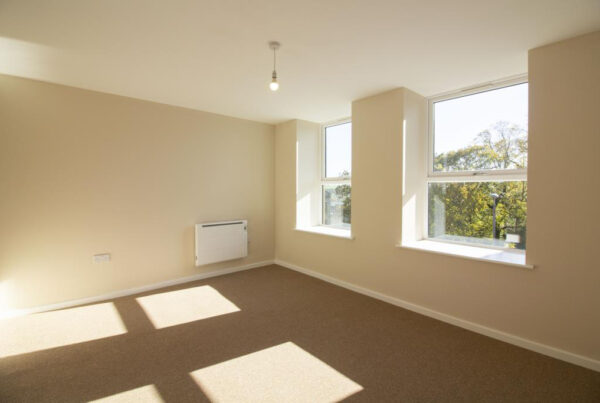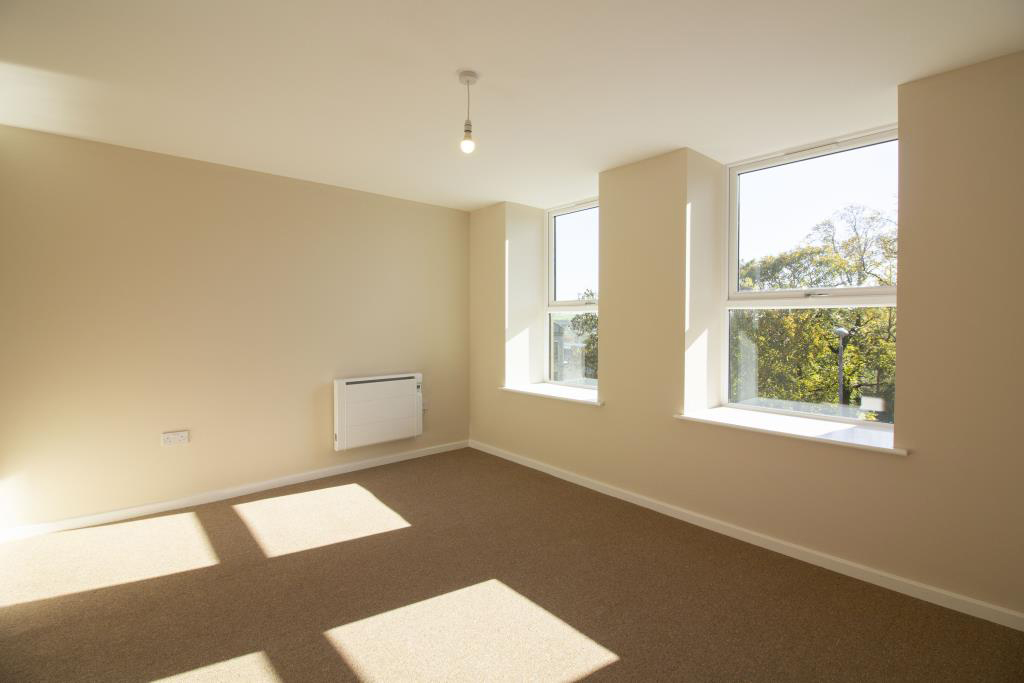The number of people seeking asylum in the UK reached its highest number in twenty years in 2022. In turn, the demand for asylum seeker housing has also grown significantly, emerging as a viable and route for property investors.
You just have to look at the profits made by asylum accommodation providers Mears, Serco and Clearsprings as evidence of this. The firms, which are collectively contracted to run the vast majority of the UK’s asylum seeker housing, were reported to have posted profits of more than £800 million between 2019 and 2023. The landlords who lease these properties to Mears, Serco and Clearsprings stand to make significant money themselves, as we’ll explore later on.
We’ve outlined the pros and cons of this type of property investment, as well as outlining how to begin buying housing for asylum seekers should you decide to go down this path.
Asylum seeker housing investment guide
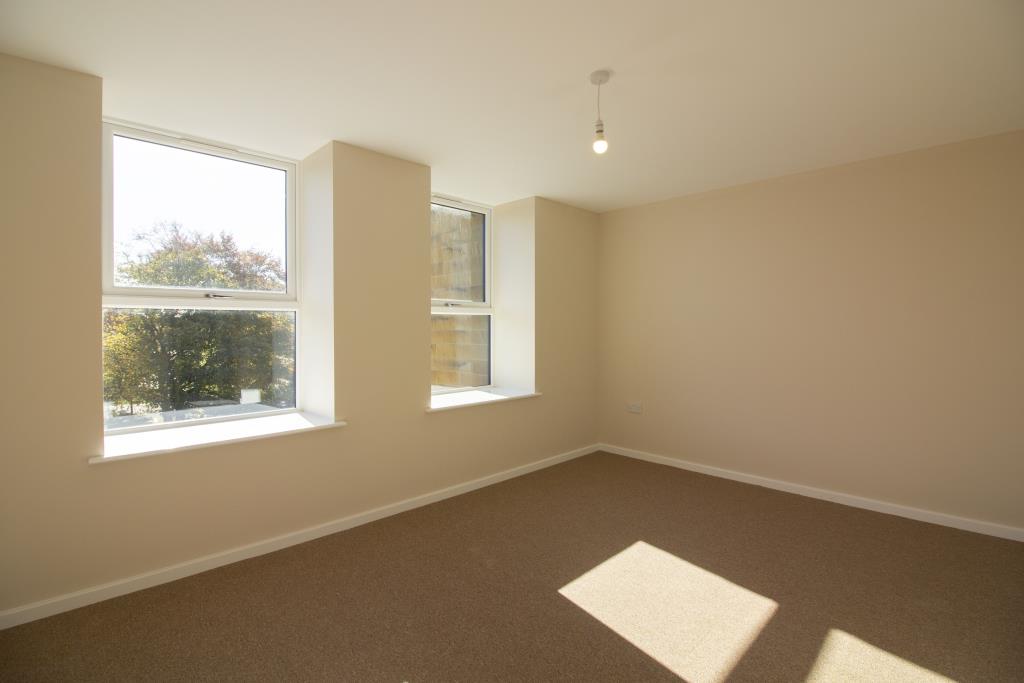
What is asylum seeker housing?
Asylum seeker housing refers to temporary accommodation provided to individuals who have applied for asylum in a country but have not yet been granted refugee status or other forms of protected status. Asylum seekers are those who have fled their home countries due to fear of persecution, violence, or other forms of harm. They seek refuge in another country and apply for asylum to receive protection.
During the asylum application process, individuals often need a place to stay while their case is being reviewed. Asylum seeker housing is meant to offer temporary shelter and support services for these individuals. It may be provided by government agencies, non-governmental organisations (NGOs), or other entities responsible for managing refugee and asylum programmes.
Asylum seeker housing can take various forms, including shelters, hostels, hotel rooms, or designated housing facilities — typically HMOs. The goal is to ensure that asylum seekers have a safe and secure place to stay, and in some cases, they may be provided with basic necessities such as food, clothing, and healthcare during their stay.
It’s important to note that the conditions and types of housing can vary between countries, and the level of support provided to asylum seekers may differ based on national policies and resources.
What is asylum seeker housing investment?
Asylum seeker housing investment refers to the act of investing in properties with the purpose of providing accommodation for asylum seekers. In some countries, including in the UK, there is significant demand for temporary housing for asylum seekers as they await the processing of their asylum applications. Investors may choose to purchase or develop properties specifically intended for this purpose.
Investors involved in asylum seeker housing property investment typically work with those that manage refugee and asylum programmes, as well as private contractors in the vein of Mears, Serco and Clearsprings. These investors agree to lease their purchased properties to these organisations, which, in turn, use them to provide temporary shelter for asylum seekers.
For example, Mears, Serco and Clearsprings lease properties from a range of landlords, investors and agents, and effectively act as tenants.

Asylum seeker housing investment: Why it works
Investing in asylum seeker housing properties can have both social and financial benefits, depending on the specific context and motivations of the investor. Here are some potential advantages associated with asylum seeker housing property investment:
- Social impact: Investing in asylum seeker housing demonstrates social responsibility by providing safe and temporary accommodation for individuals who have fled persecution or violence. It contributes to meeting the basic needs of vulnerable populations and supports humanitarian efforts.
- Building government partnerships: Investors often have the opportunity to collaborate with government agencies or non-profit organisations working in the refugee and asylum sector. These partnerships can lead to positive relationships and potentially open doors for further opportunities down the line.
- Stable rental income: Depending on the structure of the investment, leasing properties for asylum seeker housing can provide a stable and consistent rental income. This is attractive to investors seeking reliable returns on their investment.
- Subsidies or incentives: Some governments and their partners (think Mears, Serco and Clearsprings) offer financial incentives, tax breaks, or subsidies to encourage investments in housing for asylum seekers. These incentives can enhance the financial viability of such investments. For instance, here in the UK, Serco offers private landlords five-year leases with no void periods, regular rent payments without arrears, free repairs and maintenance, and full HMO and property management costs, among other benefits.
- Diversification: As a more niche form of property investment, asylum seeker housing investment diversifies the investor’s portfolio, spreading risk across different asset classes. This diversification can provide a level of stability, especially if other sectors experience economic downturns.
- Positive public relations: Companies or individuals involved in socially responsible investments, such as asylum seeker housing, may benefit from positive public relations. This can enhance their reputation and brand image in the eyes of customers, clients, and the community.
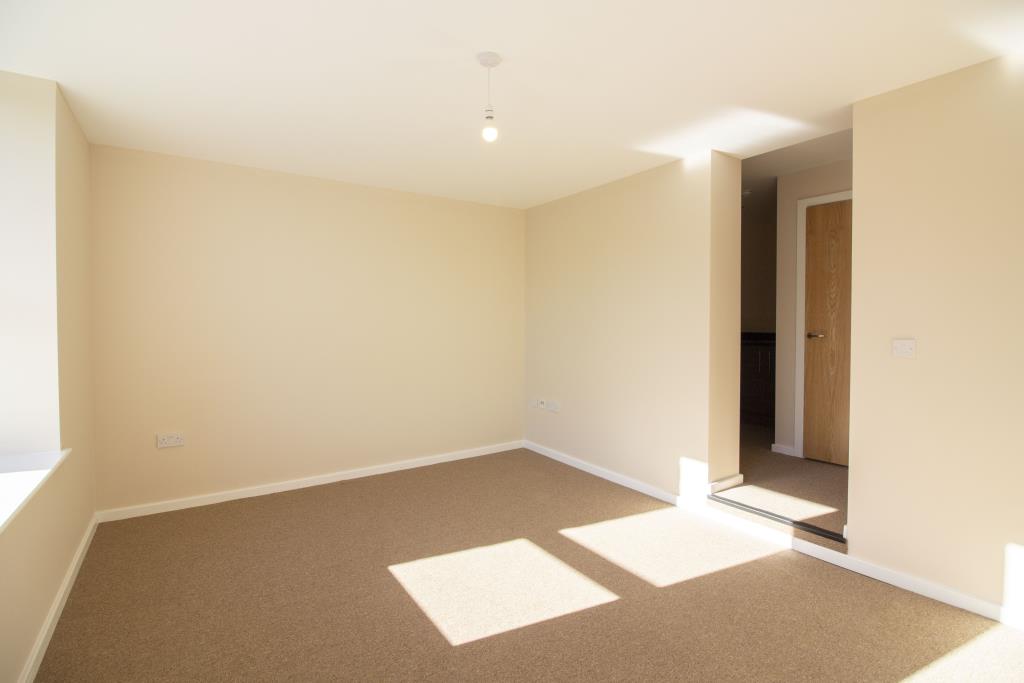
The risks of asylum seeker property investment
While there are potential benefits to asylum seeker housing property investment, there are also drawbacks and challenges that investors should consider:
- Political and regulatory risks: Asylum and immigration policies can be subject to frequent change due to political shifts or public opinion. Investors may face risks associated with evolving regulations, which could impact the demand for asylum seeker housing or the financial incentives provided by the government. For instance, the government’s proposed Rwanda policy would likely have huge implications for landlords should it ever be passed into law.
- Social and ethical concerns: Some investors may face scrutiny or criticism for profiting from vulnerable populations, raising ethical concerns. As an example, Mears, Serco and Clearsprings have faced criticism from refugee charities for this very reason. The perception of commercialising humanitarian efforts could harm the reputation of investors or companies involved in such investments.
- Vacancy risks: The demand for asylum seeker housing can be volatile, leading to potential vacancy risks. Investors could face challenges in maintaining a steady stream of tenants, impacting the financial viability of the investment.
- Operational challenges: Managing properties designated for asylum seeker housing comes with its own set of operational challenges. Investors may need to navigate cultural and language differences, security concerns, and other logistical issues associated with providing housing to such individuals.
- Long processing times: Asylum applications can take a significant amount of time to process. Investors may face uncertainty regarding the duration of the asylum seekers’ stay in the properties, affecting the predictability of rental income.
- Stigmatisation and opposition: Communities or neighbours may oppose the establishment of asylum seeker housing facilities in certain areas, leading to social stigmatisation and potential legal challenges.

The verdict: Is asylum seeker property a good investment?
All in all, the answer is that it depends. While investing in asylum seeker properties can be profitable and fulfilling, it involves unique considerations due to the social, humanitarian, and regulatory aspects involved. Before making such an investment, individuals or companies should do the following:
- Understand the legal and regulatory framework: Learn about the asylum and immigration policies in the target country or region, particularly the specific regulations governing the provision of housing for asylum seekers.
- Look into government support and incentives: Investigate the financial incentives, subsidies, or tax breaks for investments in asylum seeker housing. Be aware of any changes in government policies that may affect the level of support available.
- Partner with government and NGOs: Establish relationships with relevant government agencies, NGOs, or organisations involved in refugee and asylum support.
- Perform due diligence on locations: Be sure to choose locations with a clear demand for asylum seeker housing and proximity to relevant support services, all while considering the social and cultural context of the communities in question.
- Think about the operational considerations: Understand the operational challenges associated with managing properties for a diverse group of individuals. Develop plans for security, maintenance, and cultural sensitivity in the day-to-day operation of the housing facilities.
- Develop risk mitigation strategies: Devise strategies to mitigate risks associated with changes in government policies, fluctuations in demand, or potential vacancies. For instance, it’s a good idea to diversify your investment portfolio to spread risks.
- Take into account the social responsibility and ethical considerations: Assess the ethical implications of profiting from vulnerable populations, as well as the potential social impact and the role the investment plays in supporting humanitarian efforts.
- Engage in community efforts: Develop a communication strategy to address potential concerns from the local community. This will help build understanding and support for the investment.
- Assess the investment’s financial viability: Conduct a thorough financial analysis to assess the potential returns on investment, taking into account the stability of rental income and the long-term financial sustainability of the investment.
- Ensure legal and ethical compliance: Make sure that the investment complies with local and international laws related to human rights and refugees. Seeking legal advice is paramount here.
- Plan for the future: Consider the potential duration of asylum seekers’ stay and plan for the long-term use of the properties. Evaluate exit strategies in case of changes in market conditions or government policies.
Overall, investors should approach asylum seeker housing property investment with a thorough understanding of the humanitarian, legal and logistical aspects involved. Seeking advice from experts in fields like immigration, law and property are crucial steps in making informed and responsible investment decisions.
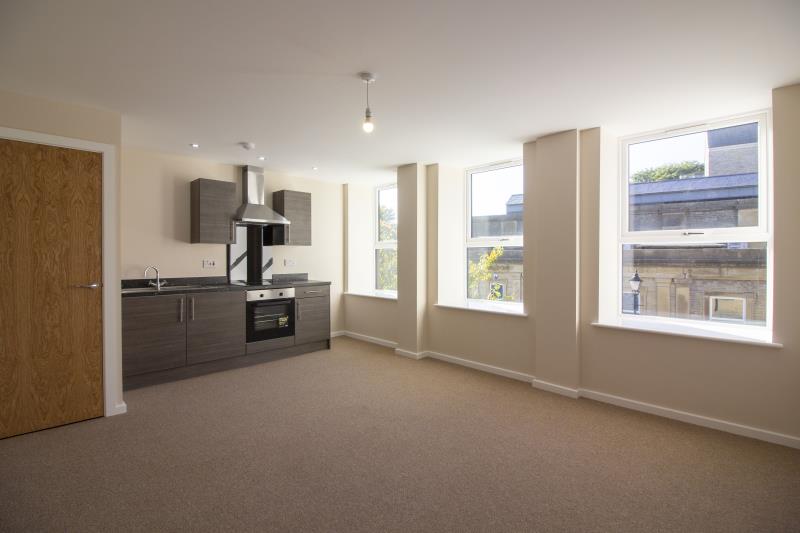
How to start investing in housing for asylum seekers
Drawing on our huge experience in the field of property investment, we can help you build a successful and sustainable asylum seeker housing portfolio in no time. As well as giving you access to the range of asylum seeker properties, we can also help you with things like performing due diligence and the purchase process. Our team will be on hand to do everything possible to help you put together a profitable portfolio.
Contact us to find out more or to begin investing today.

Written by: Ben Whitaker
Experienced professional working in the real estate investments sector. Assisting and advising clients on the acquisition of property across a range of asset classes, with view to achieving robust return on investment.
